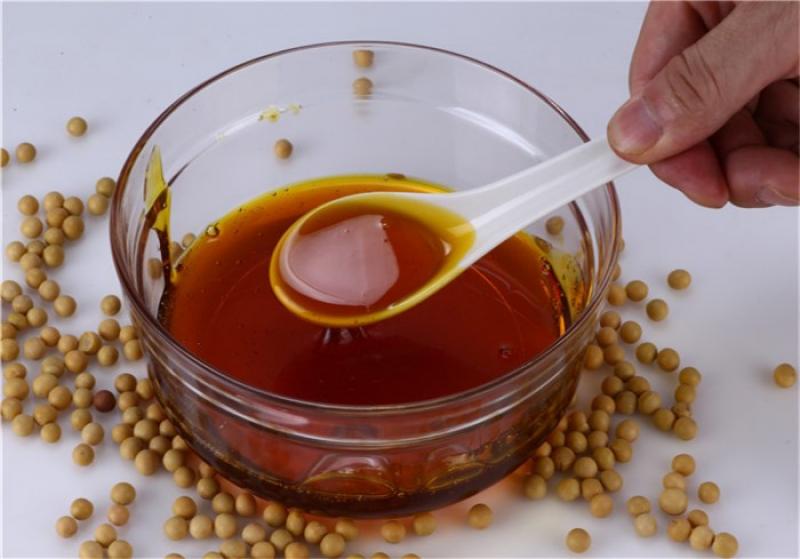Soy lecithin is a natural emulsifier and an essential phospholipid found in soybeans. It has gained significant recognition in both the culinary and health industries for its numerous benefits and versatile applications. Derived from the soybean plant, soy lecithin plays a crucial role in various food products and serves as a valuable dietary supplement.
One of the primary reasons for soy lecithin's popularity lies in its emulsifying properties. As an emulsifier, it acts as a bridge between water and fat, allowing them to mix and form stable, smooth emulsions. This characteristic makes it an essential ingredient in various food items such as chocolate, salad dressings, margarine, and baked goods. In chocolate production, for instance, soy lecithin is used to prevent the separation of cocoa solids and cocoa butter, resulting in a smoother texture and longer shelf life.
Apart from its culinary uses, soy lecithin holds immense significance in the health and wellness domain. It is a rich source of choline, an essential nutrient that plays a vital role in several physiological processes. Choline is crucial for brain health as it contributes to the production of acetylcholine, a neurotransmitter responsible for memory and cognitive function. Incorporating soy lecithin into the diet can support brain health and may potentially help in preventing age-related cognitive decline.
Furthermore, soy lecithin's phospholipids aid in maintaining healthy cell membranes throughout the body. These cell membranes play a crucial role in regulating nutrient transportation and cellular communication, contributing to overall cell function and integrity. Additionally, phospholipids support liver function by aiding in the metabolism of fats and cholesterol.
For individuals with certain dietary restrictions or allergies, soy lecithin presents a viable alternative to other emulsifiers. It is gluten-free, lactose-free, and generally well-tolerated by those with soy allergies, as the allergenic proteins are removed during the lecithin extraction process. However, it is always essential for individuals with allergies to exercise caution and consult a healthcare professional if needed.
Beyond its use in food products, soy lecithin is also found in various cosmetics and pharmaceuticals. In skincare products, it acts as a stabilizer and helps maintain consistent textures. In pharmaceuticals, it facilitates the even distribution of active ingredients in medications, improving their efficacy.
In conclusion, soy lecithin is a versatile and valuable component, celebrated for its emulsifying properties, nutritional benefits, and wide-ranging applications. As a dietary supplement, it offers essential nutrients like choline and supports brain health and cellular function. As an emulsifier, it enhances the quality and shelf life of numerous food items. Whether in the kitchen or the realm of wellness, soy lecithin continues to play a crucial role in enhancing our culinary experiences and promoting overall well-being.
